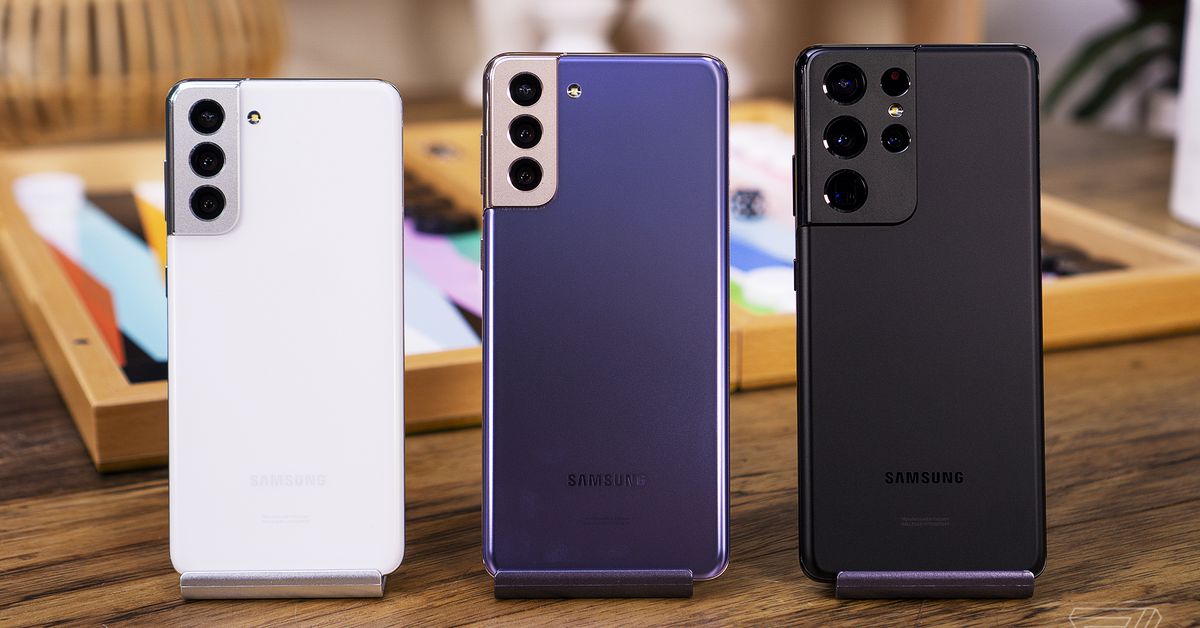Samsung has announced that it will extend the time that its Galaxy smartphones and tablets will receive security updates. Now, devices launched from 2019 onwards will receive at least four years of security updates.
Previously, Samsung offered security updates monthly or quarterly for at least the first two years of the device’s life, the frequency of which is determined by the device itself. More premium phones, such as the Galaxy Note or Galaxy S lines, receive monthly updates, while economy models, such as the Galaxy A71 5G 2020, receive quarterly updates. Samsung has also reduced some of its more sophisticated devices to quarterly updates after a certain point in time, such as the Galaxy S8 line.
It’s important to note that Samsung is promising only four years of “regular security updates”, which is actually Samsung’s lowest update frequency level, reserved for devices it still supports, but without the promise of a monthly cadence or quarterly. Still, the new announcement means that Samsung is working to extend the lifespan of dozens of its devices, including some of its cheaper entry-level phones that typically don’t have that kind of long-term support.
To put this commitment into perspective, Google itself promises only “at least three years” of security updates for its Pixel phones. And there are far fewer Pixel hardware models to support than the more than 40 phones and tablets for which Samsung is promising security updates.
The other important caveat here is that Samsung has been promising security updates for at least four years, not updates to the Android operating system. Samsung did ensure support for at least three “generations” of Android operating system updates in 2020, but only for some of their phones.
Today’s news from Samsung is also not the same commitment that Google and Qualcomm made in December to ensure that phones with new Qualcomm chips support four Android operating system updates and four years of security updates. While similar in general objectives, this announcement only applies to devices starting with this year’s Snapdragon 888, while Samsung is retroactively making its commitment to devices as old as 2019.
